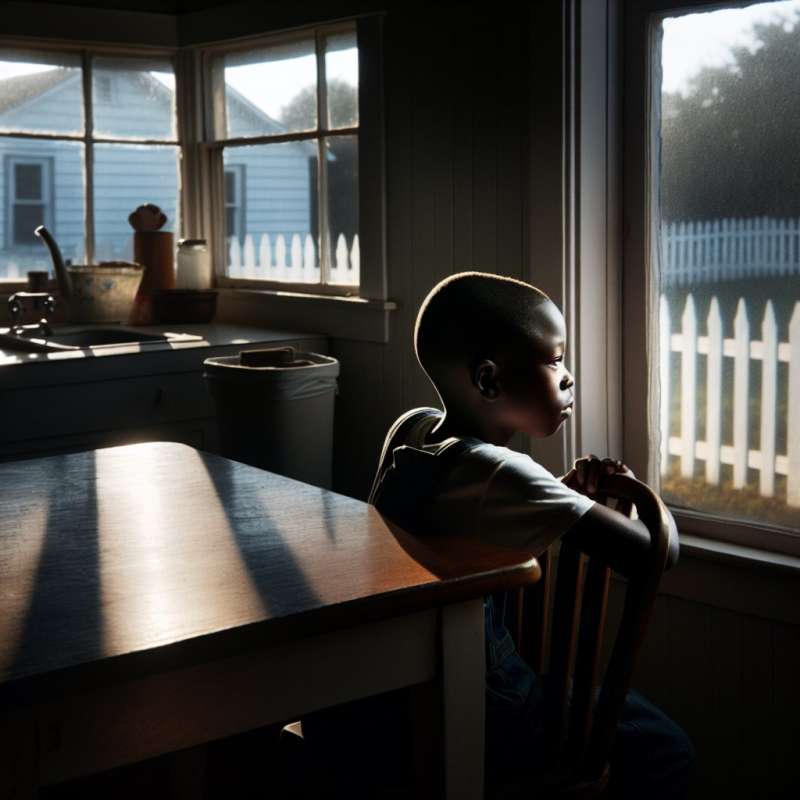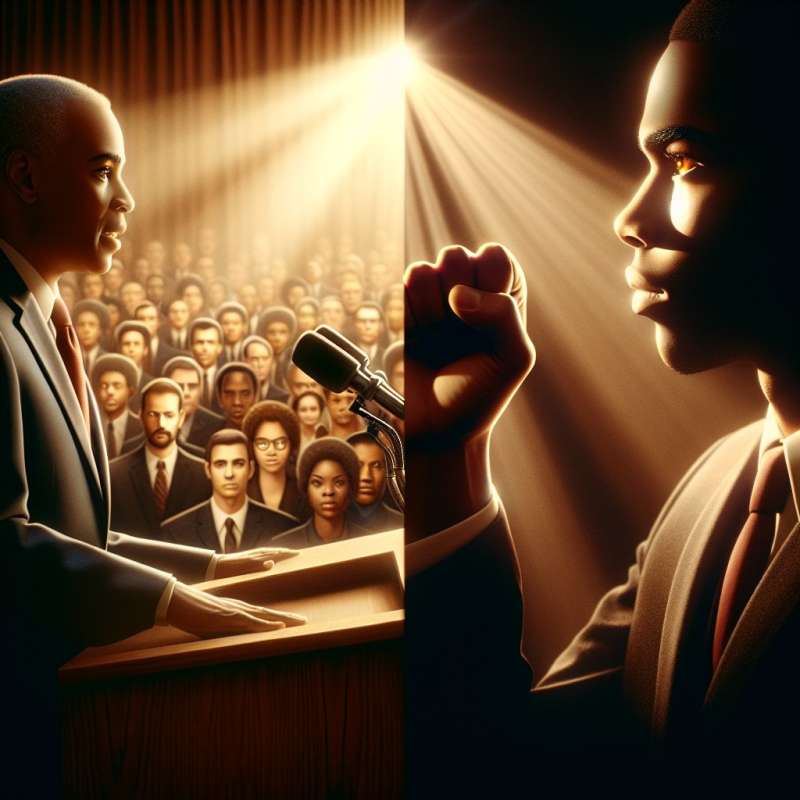
Early Life Struggles
Malcolm Little, born 1925, faced racial hostility early on. His father, a preacher, was killed by white supremacists. His mother was institutionalized, leaving Malcolm and his siblings in foster care.
Criminal Pathway
Moving to Boston, Malcolm turned to crime. By his 20s, he was arrested for burglary. Prison time became transformative, leading to Malcolm Little's reinvention as Malcolm X.
Nation of Islam
In prison, Malcolm X embraced the Nation of Islam, an African American political and religious movement. His charisma and eloquence quickly rose him through its ranks.
Civil Rights Stance
Contrasting MLK's peaceful approach, Malcolm X advocated for black empowerment, even through violence. His philosophy: self-defense against systemic oppression was necessary and justified.
Pilgrimage Transformation
A pilgrimage to Mecca in 1964 softened Malcolm's views on race. He shifted towards a more inclusive activism, adopting the name El-Hajj Malik El-Shabazz.
International Influence
Post-pilgrimage, Malcolm sought to internationalize the black struggle, connecting civil rights to global human rights. He influenced African leaders and the Black Panther movement.
Assassination & Legacy
Malcolm X was assassinated in 1965. His legacy endures in the ongoing fight for racial justice. His life story challenges the narrative of nonviolent progress, revealing the complexity of social struggles.Unexpected Ally
Malcolm X once befriended a Ku Klux Klan leader while in prison, engaging in deep conversations about race and faith.
What caused Malcolm's early foster care?
Father's preaching angered locals
Death of his father, mother's institutionalization
Malcolm's behavior issues
Company